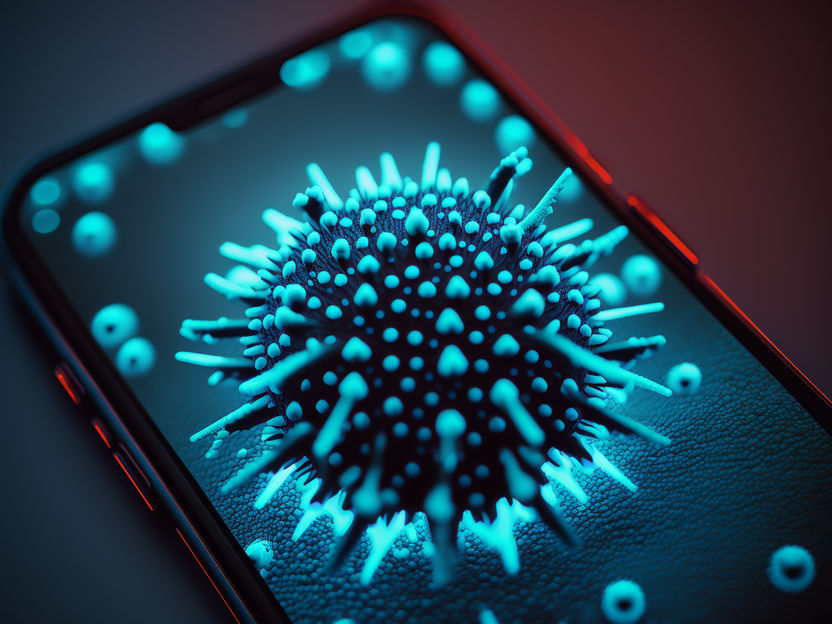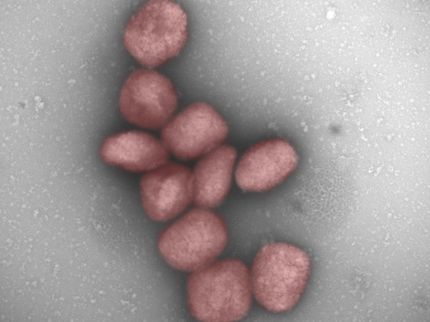Monkeypox or not?
An app helps with decision support
Advertisement
An app can now help users to decide whether a new skin lesion was likely caused by the monkeypox virus. The app works by asking users a series of questions and requests a photo of the skin lesion. The app then uses artificial intelligence (AI) to estimate the probability of infection with the monkeypox virus. The app was developed by a fellow of the Digital Clinician Scientist Program of Charité – Universitätsmedizin Berlin and Berlin Institute of Health in the Charité (BIH) which is cofunded by the German Research Foundation (DFG). The researchers now published the algorithms underlying the AI in Nature Medicine.

Symbolic image
Computer-generated image
Starting in May 2022, the monkeypox virus has caused an unprecedented international outbreak with currently more than 70,000 infections in more than 100 countries. While few people die from the disease, monkeypox is associated with a significant morbidity requiring hospital admission including scars of the face, arms and legs, severe pain and blindness. More than 90% of patients infected with the monkeypox virus develop characteristic skin lesions.
Anonymous risk assessment via questionnaire and photo
This inspired Dr. Alexander Thieme, who is a Visiting Scholar at Stanford University and fellow of the Digital Clinician Scientist Program working on the topic "Artificial Intelligence based Early Warning Systems for pandemics", to develop an app named “PoxApp” that predicts the risk of a monkeypox infection from photographic images of skin lesions and user answers. Thieme is head of the team that developed PoxApp consisting of physicians, researchers and computer and data scientists working at Charité – Universitätsmedizin Berlin, Robert Koch Institute, Hasso Plattner Institute, Stanford University/USA, Toronto University Hospital/Canada, and University Hospital Bologna/Italy.
PoxApp can be used by any person with a smartphone. The app works by asking a short survey consisting of 5 questions and then requests the users to take a photo of their skin lesion using their own smartphone. PoxApp has a built-in engine to analyze the user answers and skin lesion photos. This means that the data stays on the user smartphone and PoxApp can be used anonymously.
Training with thousands of skin lesion images
PoxApp is the first app that uses methods of AI in combination with medical expert knowledge to estimate the risk of a monkeypox infection. PoxApp’s AI has been trained and tested on many thousands of monkeypox and non-monkeypox skin lesion images. In an automated learning process, the AI was able to identify image features in skin lesion photos that are characteristic for the monkeypox virus. When the AI is presented with a new skin lesion image, it can estimate a probability of infection with the monkeypox virus.
After PoxApp has analyzed the user answers and skin lesion photo, a risk score is calculated together with personalized recommendations that suggest possible next steps, such as monkeypox testing or post-exposure vaccination. By evaluating the zip code , PoxApp provides telephone numbers and contact details how to get in touch with localhealth care offerings.
The researchers hope that PoxApp will be useful to mitigate the current monkeypox outbreak and that it helps users to earlier detect their monkeypox infection and to prevent secondary infections.
PoxApp is free of charge.























































